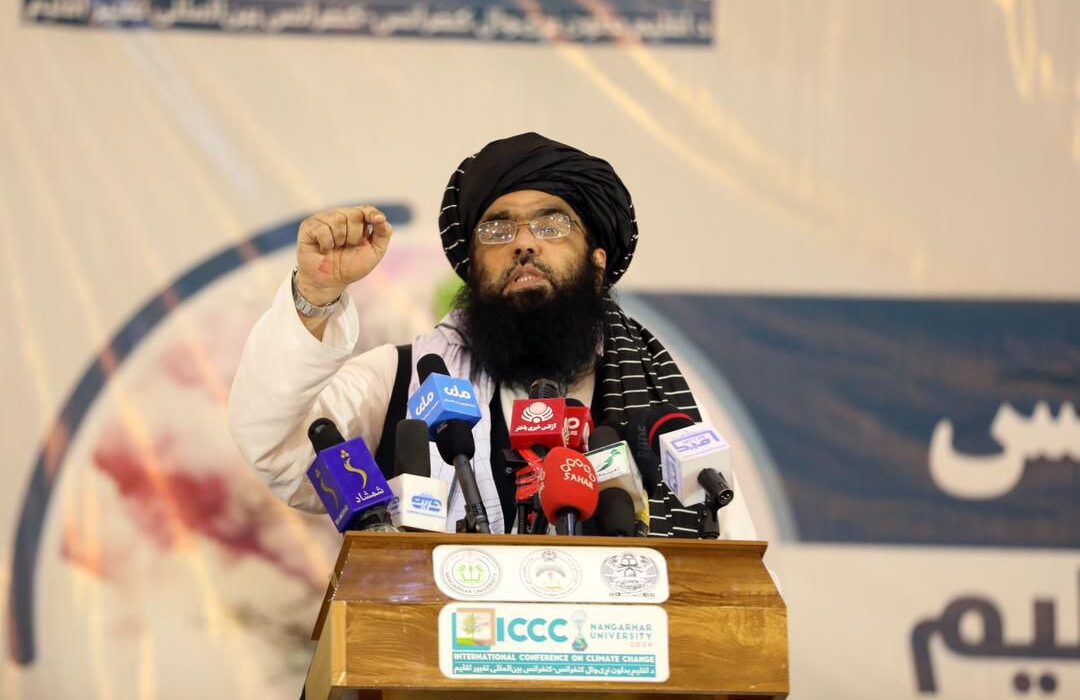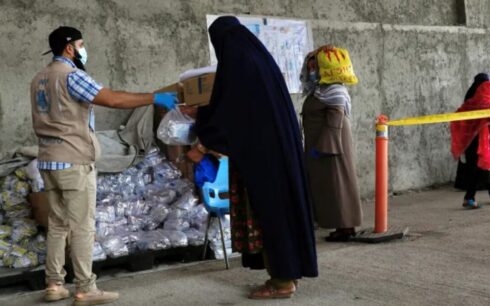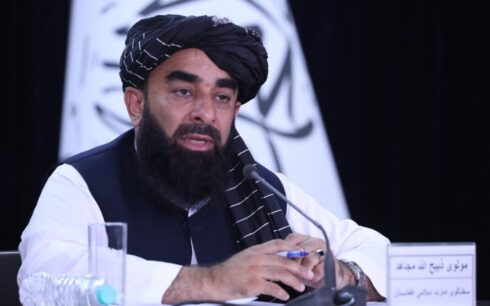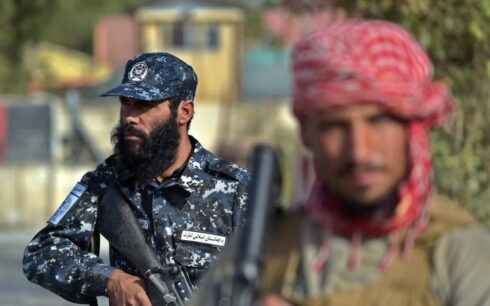KABUL, Afghanistan — Four days after Abdul Kabir, a former deputy political chief minister in the Taliban administration, was appointed acting minister for refugees and repatriation, his name has yet to appear on the ministry’s official website. There is also no indication that he has formally begun his work. Analysts suggest that the delay stems from internal disputes between the Haqqani network and the Kandahari faction of the Taliban.
Kabir’s appointment last Thursday followed the death of Khalil-ur-Rahman Haqqani, the previous minister, who was killed in a suicide bombing in Kabul last month. While the Taliban have stated that the appointment was made by the decree of their supreme leader, Hibatullah Akhundzada, there has been no formal commencement of Kabir’s duties.
“In accordance with this decree, Mawlawi Abdul Kabir, the former deputy political prime minister, has been appointed as acting minister for refugees and repatriation,” Taliban spokesperson Zabihullah Mujahid said in a statement at the time.
However, the ministry has yet to update its official platforms, and no activities or messages from Kabir have been shared. This silence has fueled speculation that factional power struggles within the Taliban are hindering the transition.
A struggle for power
Some analysts believe the delay underscores tensions between the Kandahari leadership, associated with Akhundzada, and the Haqqani network, which has historically controlled the Ministry of Refugees.
“No official appointment happens without Akhundzada’s direct approval, but this situation is about power-sharing,” said Najibullah Azad, a professor at the University of Wisconsin. “The Haqqani network sees the Ministry of Refugees as strategically important, having used it over the past three years to expand its influence and build connections with various ethnic groups in Afghanistan. They are unlikely to allow someone from Akhundzada’s circle, like Abdul Kabir, to take charge of this ministry.”
Azad suggested that these internal power struggles have delayed Kabir’s formal appointment, noting that such disputes reflect broader challenges within the Taliban’s governance structure.
Kabir’s role and background
Abdul Kabir, who was born in Baghlan Jadid district, has spent much of his life in Paktia province and has ties to the Haqqani network. After the Taliban returned to power in 2021, he was appointed deputy political prime minister, operating from Sapidar Palace, a former center of power in Kabul.
The Ministry of Refugees, under the Haqqani network’s leadership since the Taliban takeover, was previously led by Khalil-ur-Rahman Haqqani, the uncle of Interior Minister Sirajuddin Haqqani. Khalil-ur-Rahman was killed in December in an attack claimed by ISIS-Khorasan.
Amid the growing speculation, the Taliban released a portion of Kabir’s speech in which he appeared to downplay the significance of the delay. “Today, it is me. Tomorrow, another honorable Muslim will take my place and serve even better than I do,” Kabir said. The exact time and location of the remarks were not disclosed.
The delay in Kabir’s assumption of duties reflects the intricate and often contentious dynamics within the Taliban’s leadership, where factional rivalries continue to influence key appointments. Observers warn that these disputes could further complicate the Taliban’s efforts to govern a divided and fragile Afghanistan.





